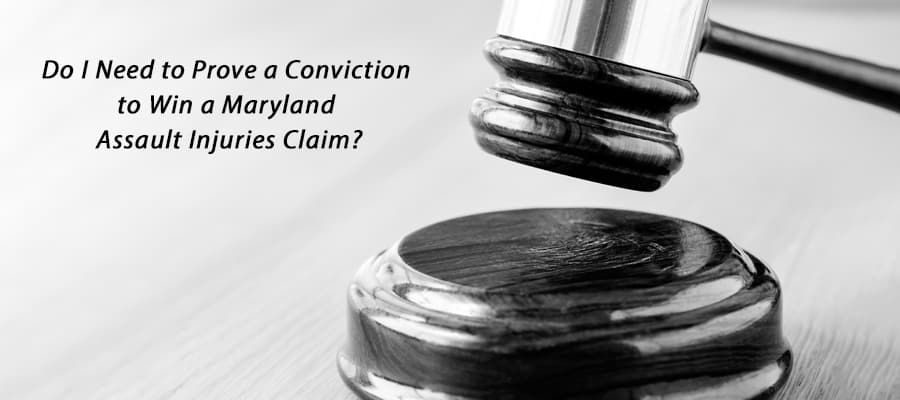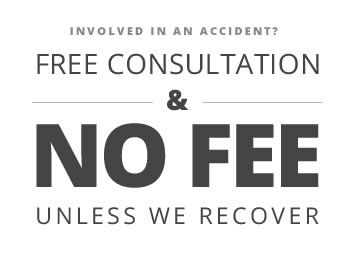Physically attacking someone is a crime in every US state, though the details vary in terms of felony versus misdemeanor, penalties, and other variables. In Maryland, basic assault is a misdemeanor punishable by up to 10 years in jail and a $2,500 fine. Prison time and fines increase for more serious assault offenses and those involving a firearm, so the assailant could face felony charges. If convicted, a judge could sentence up to 25 years of incarceration.
As the victim of assault, it may bring you closure to see the offender convicted and sentenced to jail time, fines, and other penalties. However, the criminal process does not compensate you for the tremendous losses you suffer as a result of an attack. To recover monetary damages, you must pursue a civil claim. While you might expect that you need proof of a conviction to prevail in your case, your rights are not dependent upon a guilty verdict. A Baltimore County assault injuries attorney can explain the relationship between criminal and civil claims, but you should review the reasons why a conviction is not always necessary.
Proving a Personal Injury Claim for Assault
Where the prosecutor has to prove guilt beyond a reasonable doubt to convict someone of a crime, the bar is lower in civil cases. You must prove by a preponderance of the evidence that:
● The assailant physically attacked you;
● The assault led to injuries; and,
● You suffered physical, emotional, and financial losses because of being hurt.
A preponderance generally means that you have evidence showing that it is more likely than not that you suffered harm from assault. It is not necessary to prove that the defendant was convicted in the criminal assault case, but a conviction is useful as evidence.
Other Evidence of Fault
When you review the three essential elements described above, you can see that there are additional sources of information that could serve as evidence. Examples include:
● Eyewitnesses who observed the attack;
● Surveillance video footage from security cameras where the assault took place;
● The transcript from a 911 call;
● Records showing a history of violence between you and the assailant, such as phone calls, texts, and other messages; and,
● Information from cell phone towers indicating the geographic location of the attacker before, during, and after the assault.
Potential Parties Beyond the Assailant
Your attacker is certainly the most obvious person to pursue for damages after an attack, but keep in mind that other parties may be at fault. They might be accountable under the theory of negligence if they did not act with reasonable care. With an assault case, you may seek damages from a negligent property or business owner that failed to implement reasonable security measures in light of criminal activity.
Get Legal Help from a Skilled Maryland Assault Injuries Lawyer
To learn more about how criminal cases affect your civil remedies, please contact attorney Michael A. Freedman. You can call 410.363.6848 or go online to set up a free consultation at our offices in Owings Mills or Glen Burnie, MD.



